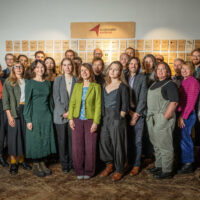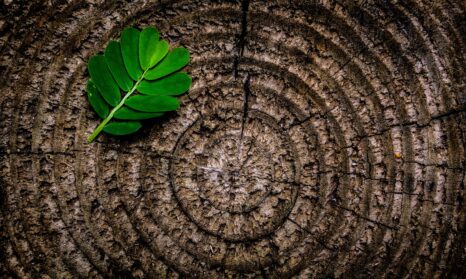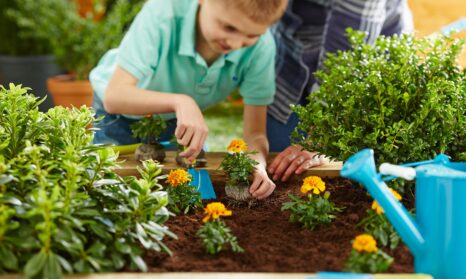How we helped Kingfisher take big strides towards achieving circular value chains
The challenge: transforming 20 circular value chains
Kingfisher has a bold target to achieve 20 circular value chains by 2025. But how to define what principles should be applied to a circular value chain, and how to measure progress?
How we helped: Developing the Circular Value Chain Assessment tool
After reviewing existing methodologies and concluding that they didn’t work for Kingfisher’s specific product offer, we developed a new tool: the Circular Value Chain Assessment Tool.
This covers six key areas of impact across the retail value chain including safe materials, utility and function, and energy and carbon. For each of these we established best practice criteria to develop a circular value chain and then score it on how ‘circular’ it is.
We then developed a questionnaire to make it easier for suppliers to supply the vast amount of data required, which can then be collated and compared against the scoring system.
Bioregional has so far assessed five circular value chains, using the scoring criteria to engage with its first-tier suppliers in particular. In each case we have also recommended how to enhance circularity.
Our work with Bioregional on sustainable home products since 2010 has helped us understand how to drive real change with our product offer. Not only do we provide our customers with innovative, quality products but we are also reducing our impact on the environment and maintaining our competitive edge.
Caroline Laurie, Head of Sustainability at Kingfisher
The impact: Positioning Kingfisher as a leading company in the circular economy
Kingfisher has already transformed three value chains. EasyGrow bedding plants and ProGrow compost made from garden waste generated sales of £16.9 million in 2017/18, and its green pallets initiative which used recycled pallets saved the business £280,000 in 2017/18.
Now established as a circular economy leader, Kingfisher plans to develop the tool even further to help achieve its ‘net positive’ vision.
Kingfisher’s circular products have generated sales of £16.9 million in 2017/18.
Its green pallets initiative using reused and recycled pallets saved the business £280,000 in 2017/18.
The circular economy: cracking the challenge
The circular economy is one of the biggest challenges - yet most exciting opportunities - for today's businesses. This guide will help your business get started, and explain the benefits of embracing the circular economy
Download PDF









